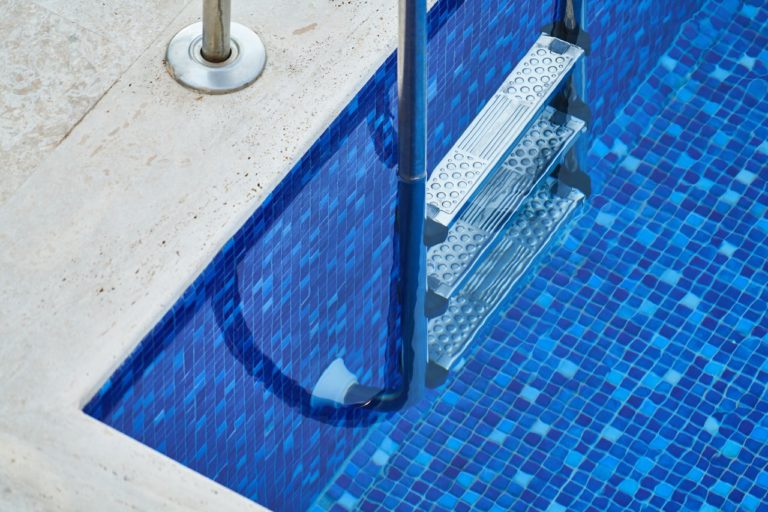Your swimming pool needs to be a clean and safe place to swim at all times. Removing debris and any other visible foreign objects is never enough. You need to get rid of any pathogens and parasites that may be present. That said, it is only through sanitation that the water can be clean and healthy for swimmers again.
Below are 4 of the most common methods you can use to sanitize your pool and maintain a healthy water chemistry. Please have a look at them and choose one that suits you.
A UV sanitation system is one of the safest ways to clean your swimming pool clean. The method is almost chemical-free and very effective. It destroys up to 99.9% of microorganisms. For sanitation, the pool water goes through a filtration system. The system contains UV light, which acts as a disinfectant. The process is quick and very affordable. Over time, you will need to replace the UV light because its effectiveness keeping reducing over time.
Bromine is almost similar to chlorine except for the fact that it does not smell as strong or irritate the eyes as much. Because of its stability away from sunshine, it is mostly used to sanitize indoor pools, hot tubs, and spas. However, if you are allergic to chlorine, and you are thinking of replacing it with bromine, then you better not because it is from the same chemical family, and contains similar chemical properties with chlorine.
Ozone pool purification is the most preferred method globally. Ozone is a potent oxidant yet very gentle on swimmers. It is naturally occurring and reverts to regular oxygen after use, leaving no toxins behind. It destroys microorganisms and halts the accumulation of deposits in water systems and pipes. Ozone treated water is sparkly and soft on the skin. For sanitation, the pool water has to pass through an ozone generator. Add a small amount of chlorine to the water after sanitation. Once the pool water is outside the sanitation equipment, its prone to contaminants.
To use salt sanitizers, a regenerative system that converts salt into a form of chlorine gas is set up. The gas is injected into the water to eliminate any bacteria, algae, or harmful substances that may be present in the water. The gas turns the water to mild saline, and it is this salinity that becomes hostile to any harmful pathogens in the water. The sanitation process is a cycle of regenerating salt to chlorine and back. Saltwater pools are comfortable for swimming and cheaper to maintain compared to chlorinated pools. All you need is to replenish the stock salt regularly. While using a saltwater pool, take care that the water does not splash to nearby plants because it is not conducive to growth. Continuous use of salt sanitizers can destroy some types of deck materials and stonework because of its corrosive nature. The water is also not safe on metal-based pool equipment and accessories.

